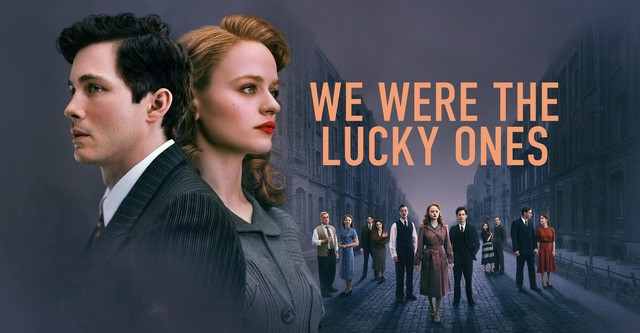Events
- 1938 – The United States Department of Justice files suit in New York City against the motion picture industry charging violations of the Sherman Antitrust Act in regards to the studio system.
- The case would eventually result in a break-up of the industry in 1948.
People (Deaths)
- 2005 – James Doohan, Canadian-American actor (b. 1920).
Sherman Antitrust Act of 1890
The Sherman Antitrust Act of 1890 (26 Stat. 209, 15 U.S.C. §§ 1-7) is a United States antitrust law which prescribes the rule of free competition among those engaged in commerce. It was passed by Congress and is named for Senator John Sherman, its principal author.
The Sherman Act broadly prohibits:
- Anticompetitive agreements; and
- Unilateral conduct that monopolises or attempts to monopolise the relevant market.
The Act authorises the Department of Justice to bring suits to enjoin (i.e. prohibit) conduct violating the Act, and additionally authorises private parties injured by conduct violating the Act to bring suits for treble damages (i.e. three times as much money in damages as the violation cost them). Over time, the federal courts have developed a body of law under the Sherman Act making certain types of anticompetitive conduct per se illegal, and subjecting other types of conduct to case-by-case analysis regarding whether the conduct unreasonably restrains trade.
The law attempts to prevent the artificial raising of prices by restriction of trade or supply. “Innocent monopoly”, or monopoly achieved solely by merit, is legal, but acts by a monopolist to artificially preserve that status, or nefarious dealings to create a monopoly, are not. The purpose of the Sherman Act is not to protect competitors from harm from legitimately successful businesses, nor to prevent businesses from gaining honest profits from consumers, but rather to preserve a competitive marketplace to protect consumers from abuses.
Motion Picture Patent Company
United States v. Motion Picture Patents Co. (1917), which ruled that the company was abusing its monopolic rights, and therefore, violated the Sherman act.
James Doohan
James Montgomery Doohan (03 March 1920 to 20 July 2005) was a Canadian actor, author and soldier, best known for his role as Montgomery “Scotty” Scott in the television and film series Star Trek.
Doohan’s characterisation of the Scottish Chief Engineer of the Starship Enterprise was one of the most recognisable elements in the Star Trek franchise, and inspired many fans to pursue careers in engineering and other technical fields. He played a rebellious Indian in Hawkeye and the Last of the Mohicans (1956), credited as Jim Doohan. He also made contributions behind the scenes, such as the initial development of the Klingon and Vulcan languages.
Prior to his acting career, Doohan served in the 14th Field Artillery Regiment of the 3rd Canadian Infantry Division. He also served as a pilot. He saw combat in Europe during World War II, including the D-Day invasion of Normandy, in which he was wounded, apparently by friendly fire. After the war, he had extensive experience performing in radio and television, which led to his role as Scotty. Following the cancellation of the original Star Trek series, Doohan had limited success in finding other roles; he returned to play the character in the animated and film continuations of the series, and made frequent appearances at Star Trek conventions.


Leave a comment